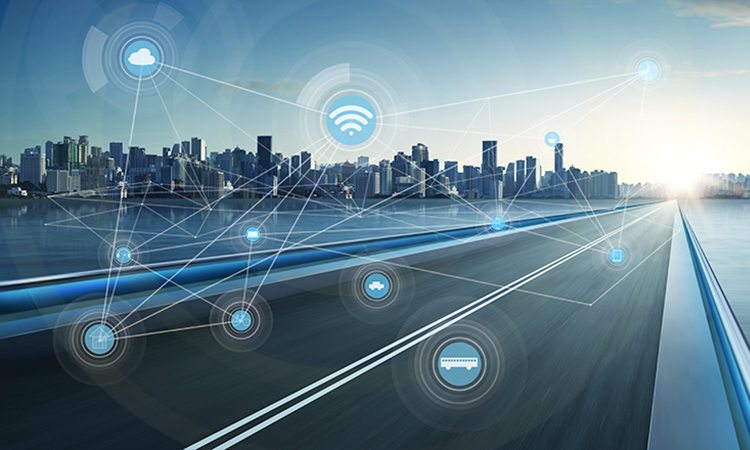The United States will be the largest market for Smart City technologies this year, with spending forecast to reach $22 billion, according to a report by the International Data Corporation.
Arizona is catching on to the trend with new high-tech installations and contracts underway, though critics say the activity is not happening fast enough.
Yuma and Phoenix started to implement plans this year, using data analytics and emerging Internet of Things (IoT) technologies to tackle many of the problems of urban life.
The Yuma City Council approved a $3.7 million-dollar project with Siemens Industry that would convert 8,000 of the city’s street lights to LEDs. It also signed a contract with anyCOMM Holdings Corp., which would invest $10 million in Yuma in piloting the company’s smart city technology.
The technology will have the capability to provide street lighting control, a citywide high-speed wireless network, and improve public safety through the installation of node sensors and cameras on top of streetlights.
“We’re the first city in America to have this technology and we’re excited about what it can do for the community,” said Yuma City Administrator Greg Wilkinson. “For example, if there is a gunshot, the node and cameras have the ability to detect right away what gun was used, what bullet was fired, and provide video and audio of who fired the gun. From safety, to better wireless service, to the ability to control drones, I can go on and on about what we can use this technology for.”
Even though the plan was approved on August 16, 2017 and the project was projected to be up and running by the end of 2017, setbacks due to finalizing of a streetlight manufacturer has pushed the first installments to June 2018.
According to a recent report from the National League of Cities, 66 percent of U.S. cities have already invested in some type of smart city technology, and 25 percent of those without any smart city systems are exploring how to implement it. Of those cities that have invested in smart city technology, the top applications include Smart meters for utilities, Intelligent LED traffic lights, E-governance applications, Wi-Fi kiosks, and Radio frequency identification (RFID) sensors.
Phoenix is among those who are just scratching the surface in implementing a smart city initiative, and the delay is already jeopardizing the region’s ability to compete with other cities, believes Chris Camacho, president and CEO of the Greater Phoenix Economic Council.
“Our team put together a perception analysis two years ago and asked all these companies what’s stopping them from coming here and the answer wasn’t because the weather bothered them or that our state doesn’t have culture, tourism and lifestyle,” Camacho said.
What companies said was missing was a connected place where IoT technology can really thrive. So, steps in earnest began to seriously discuss the work that can be done to achieve a smart city transformation in this region.
In a partnership with the Arizona Institute for Digital Progress and Arizona State University’s Center for Smart Cities and Regions, the Greater Phoenix Economic Council on March 28, 2018 announced the Greater Phoenix Smart Region initiative at the Smart Cities Connect conference in Kansas City. According to Camacho and the Arizona Institute for Digital Progress’s Executive Director and Co-Founder Dominic Papa, the initiative outlines a plan to turn the city of Phoenix and 21 other cities and towns in Maricopa County into a “smart region”, fully equipped with autonomous vehicles, LED lights, and sensors that can detect anything from water leakage to air quality.
“Yes, we’re somewhat late to the game compared to some other places, but no one has done it in such a large scale with a collaborative effort like we’re doing,” Camacho explained. “We expect to execute this plan over the next 12 months and it will bring the most significant economic shift this market has seen in decades.”
The positive impact of smart city technologies on economic development could see cities locking in incremental growth of over 5 percent and driving more than $20 trillion dollars in additional economic benefits over the coming decade, according to findings of a new whitepaper by ABI Research.
Although major Arizona cities are making strides in implementing smart city technology, budget constraints, security concerns, politics, and a lack of leadership will be obstacles for the advancement of the state’s smart city plans, said Steven G. Zylstra, president and CEO of the Arizona Technology Council.
“Arizona is not a leader of smart cities and I’m a little concerned we’re not more ahead,” Zylstra said.
The city themselves must figure out a way to adopt and regulate technologies and overcome these challenges, but consistency is needed, he cautioned.




